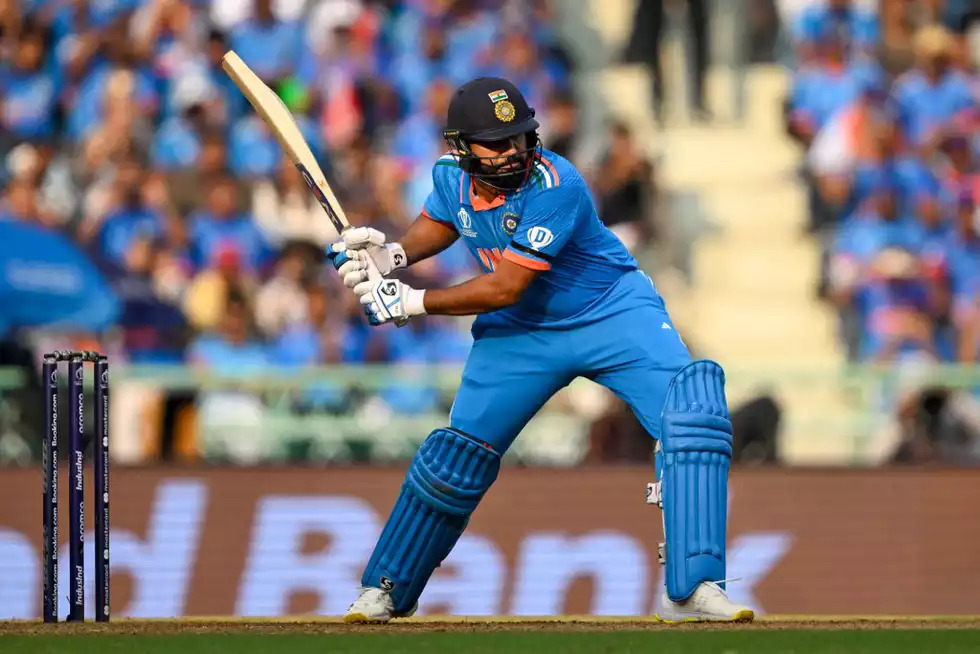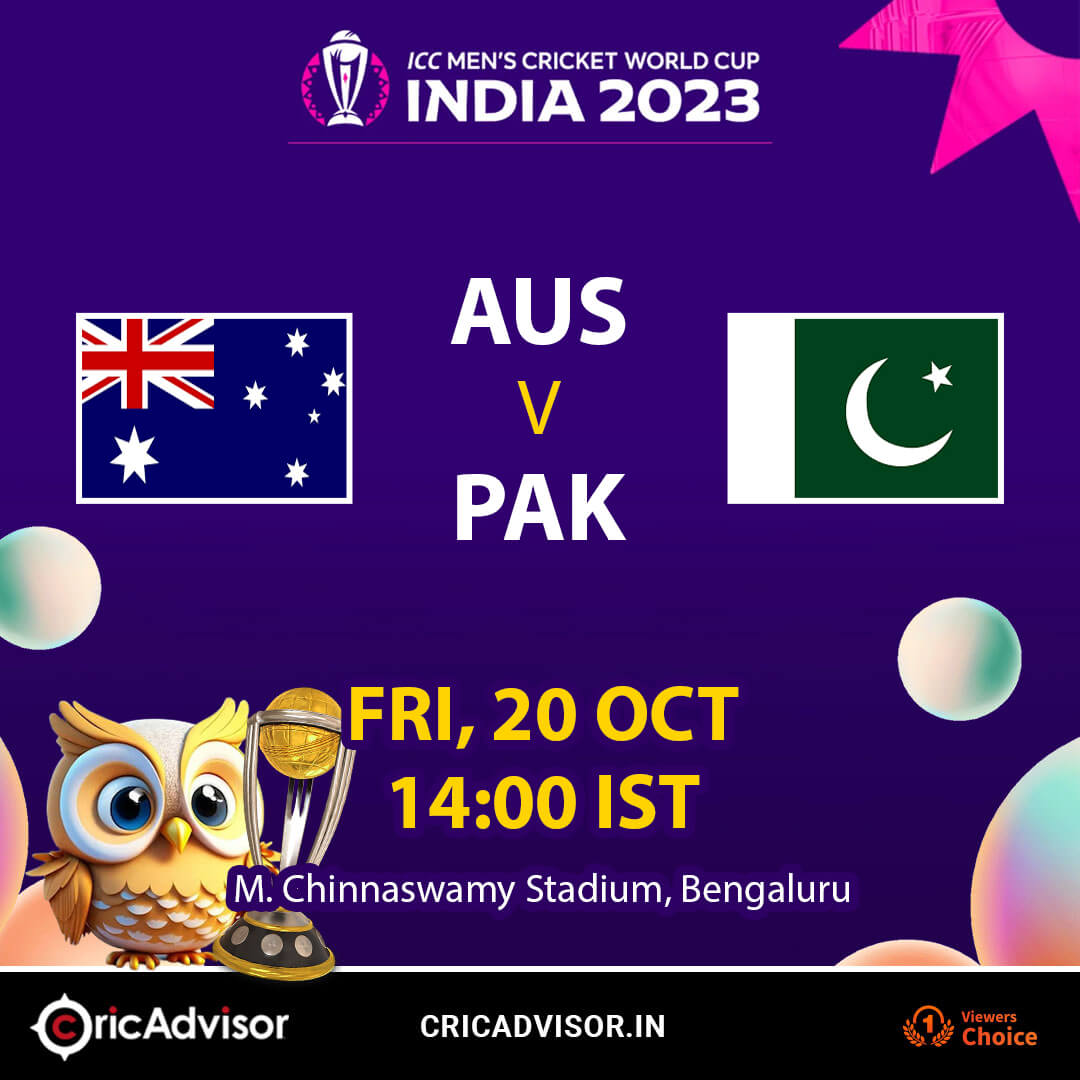
Recently, a highly esteemed Indian cricket legend made an insightful observation regarding four of the most celebrated Indian batsmen from separate eras. “Sunil Gavaskar knew how to score centuries, but GR Viswanath did not,” he said. Rohit Sharma does not know how to score centuries, whereas Virat Kohli does.
It is essential to observe that none of these batsmen were intended to be insulted by this remark. The legend was not intended to be critical of them. Nevertheless, he preferred to remain anonymous when expressing his views during the India-Bangladesh game in Pune recently. As if to establish the legend’s point, shortly after this conversation, Virat Kohli scored a century in the most unlikely situation during the match, after Rohit Sharma had laid a firm foundation for the victory.
Fans of Rohit, a batsman with 45 international centuries and three ODI double centuries, may not find the remark amusing. Nonetheless, it is undeniable that Rohit has demonstrated exceptional altruism throughout this World Cup. In the last match against England, he excelled as both a batsman and captain, scoring the highest individual score of 87 and deftly marshalling the bowling resources to defend a below-average total of 229.
He consistently put the team’s objectives ahead of his own, and he was even asked before Wednesday’s match against Sri Lanka in Mumbai if he should be more self-centered.
“It’s not like I just have to go and swing the bat. I have to swing it well, play well and keep the team in a good situation. This is my mindset,” Rohit replied, stating that he has inherent advantages being an opener. “I have that advantage or you can call it a benefit that I am starting the batting and there is no pressure of wickets because everything is 0-0, so when you have to start like that, you can be fearless and you can play the way you want to play,” Rohit explained in a tone that only reflected an assertion that he is only doing his job.
Rohit has amassed 398 runs at a remarkable average of 68, including one hundred and two half-centuries. His ability to provide a solid foundation for other batsmen has been crucial to India’s undefeated campaign record. In five of the six played games, these powerful beginnings were decisive.
“I think as a batsman my focus is on what the team needs at that time. What is needed in the first over, what is needed in the fifth over, what is needed in the tenth over. What is the team’s score, how many runs are they chasing, how much score is good on the ground? All these things. I think about all these things when I bat. So, whatever the situation demands at that time, I try to play according to the situation,” he elaborated on his approach to the batting.
Aside from his batting, it was also evident that his stewardship during the World Cup thus far stood out, and this did not escape the attention of the outside world. Former chief selector MSK Prasad, who has closely observed Rohit’s development as a leader, remarked, “His leadership style mirrors his batting style.” “He is an assertive and aggressive captain, focused on swiftly finishing things.”
MSK continued, “For instance, he would not have permitted today’s match between South Africa and New Zealand to stretch on as it did. Rohit is also an astute and a cerebral leader, exhibiting intelligence in making strategic bowling alterations. I’ve heard that he has an exceptional grasp of player matchups. He actively participates in team meetings that cover a range of topics, including bowling, batting, and fielding.”
Kiran More, another former chief selector who witnessed Rohit’s growth as a captain while he was a member of the Mumbai Indians organization, was similarly effusive in his commendation. More stated, “We frequently discuss (MS) Dhoni’s calm demeanor, but Rohit is equally composed. His man-management abilities are extraordinary, and he supports players despite poor performance. I have witnessed this within the Mumbai Indians organization. Whether it’s a victory or a defeat, Rohit remains equally calm, and his unwavering attitude inspires his players. Although he may not rely significantly on technology, his leadership is characterized by clarity and simplicity.
However, Rohit stated that he makes decisions based on what he believes to be in the best interest of the team. “I firmly believe that whatever decisions we make on the field are in the best interest of the team’s current situation and what will occur in the next five or ten overs.” So, you analyze these situations and attempt to make the best decision,” he said, adding, “Sometimes it works, sometimes it doesn’t. Therefore, you must be prepared for that.”
However, he went on to commend the team for their World Cup success thus far. “Kudos to the athletes as well, because it’s not simple to comply with that. It’s one thing if I continue to think about it, but quite another if the men don’t comply. And I give complete recognition to all ten players who participated in that game and responded to the team’s thought process. “The guys comply with the team’s thought process, not mine,” he said, adding that it won’t take more than one bad game to be labeled a poor commander. “I know how this whole thing works. I am well aware that if I lose one game, I will become a poor commander.” Given his track record and the incisive leadership he has demonstrated thus far, it is unlikely that he will be labeled a poor commander regardless of India’s ultimate standing in this World Cup.










